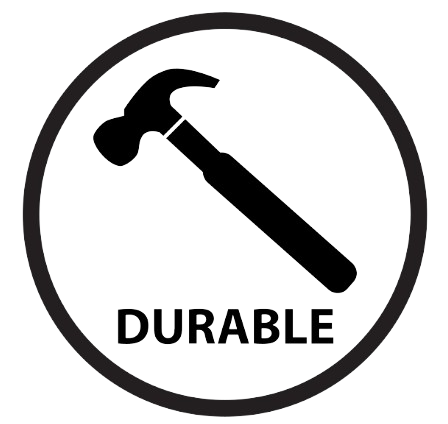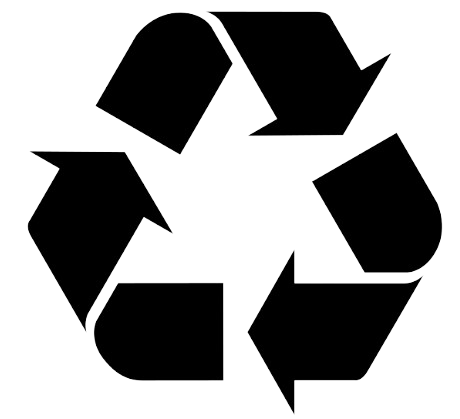How To Install Post & Rail Fencing

Ideal for everything from garden decoration to boundary fencing, post and rail fencing is a versatile classic that’s both attractive and easy to install.
Here at Kedel, we offer a wide range of recycled plastic fencing and recycled plastic fence posts, all of which are made with eco-friendly recycled plastic.
To help you create your own recycled plastic post and rail fencing on your property, we’ve created the following guide:
Choosing the number of rails on your fence
Before you do anything else, it’s vital that you decide whether you’d like 2 or 3 rail components on your fence.
2 rail component fencing look like this:
If using Kedel’s recycled plastic fencing for 2 rail component fencing, you could use the following materials:
-
100mm X 100mm Square Post , height of 1500mm
3 rail component fencing looks like this:
If using Kedel’s recycled plastic fencing for 3 rail component fencing, you could use the following materials:
-
100mm X 100mm Square Post , height of 1750mm
Step by step guide:
-
Measure out the area where you want your new fencing to go. You need to decide where the ends and corners will be, before marking the area with pegs or chalk.
-
Start with your first post by digging a minimum of 50cm into the ground. All of your fence posts should be buried at least 50cm into the ground to ensure that they are stable and secure.
-
There should be 1.5m in between all of your posts, as well as an extra 3mm gap for possible expansion. Mark out this space, and dig 50cm down at each point to prepare for installation of posts at every section.
-
While it’s up to you to measure every rail placement evenly, it’s suggested that you leave at least a 50mm gap between the very top rail and the top of the post.
-
Although the majority of woodwork equipment can be used with Kedel recycled plastic, it’s recommended that rails should be attached to the posts with galvanized or stainless steel coach bolts. Nails are not recommended due to the high density of the plastic, which makes it difficult to penetrate.
For our full guide, take a look at our fencing specification guide now.
Take a look at our wide selection of fences and gates and discover the perfect alternative to timber.

.png)

 100% Recycled Plastic
100% Recycled Plastic Will Never Rot
Will Never Rot 25 Year Guarantee
25 Year Guarantee Low Carbon Footprint
Low Carbon Footprint
